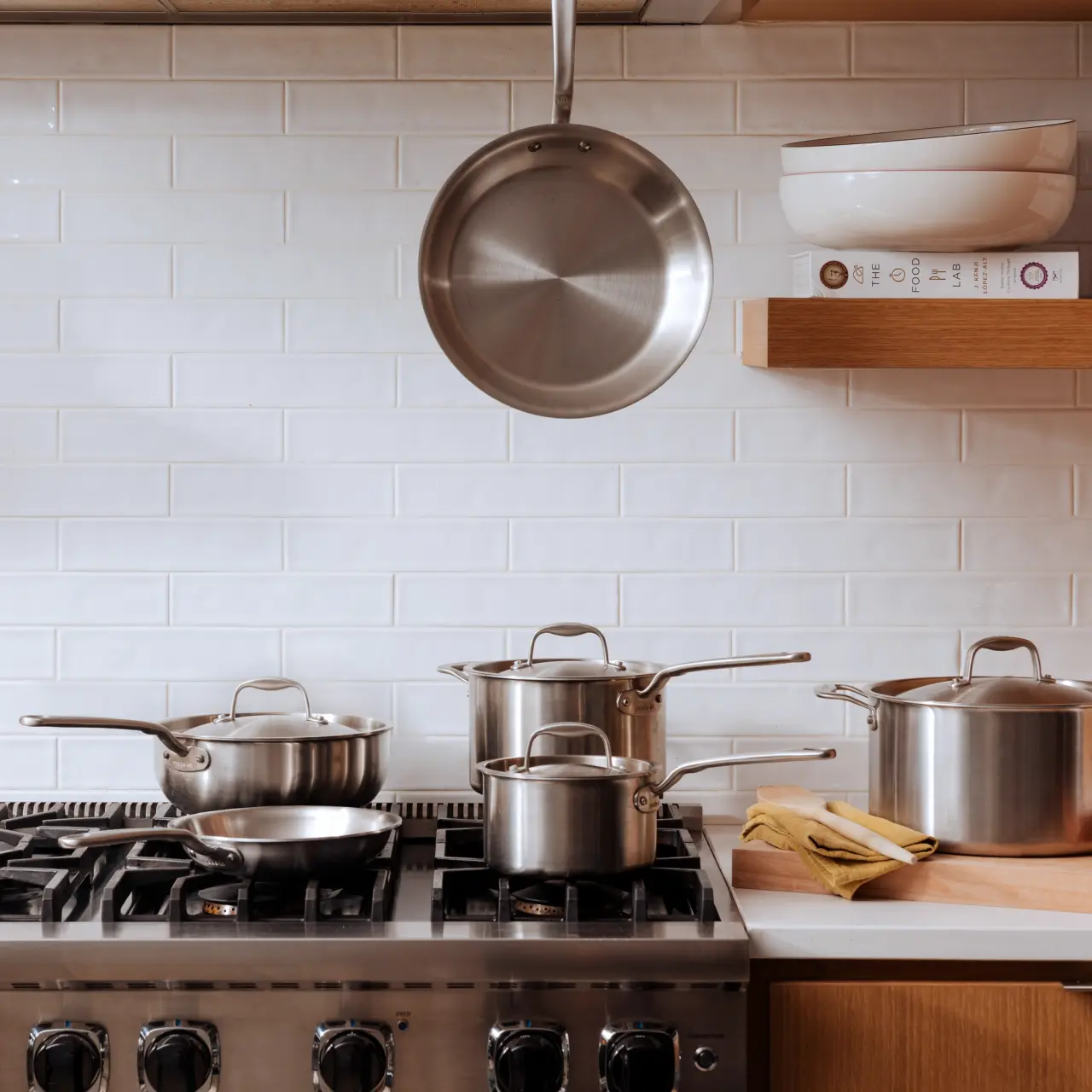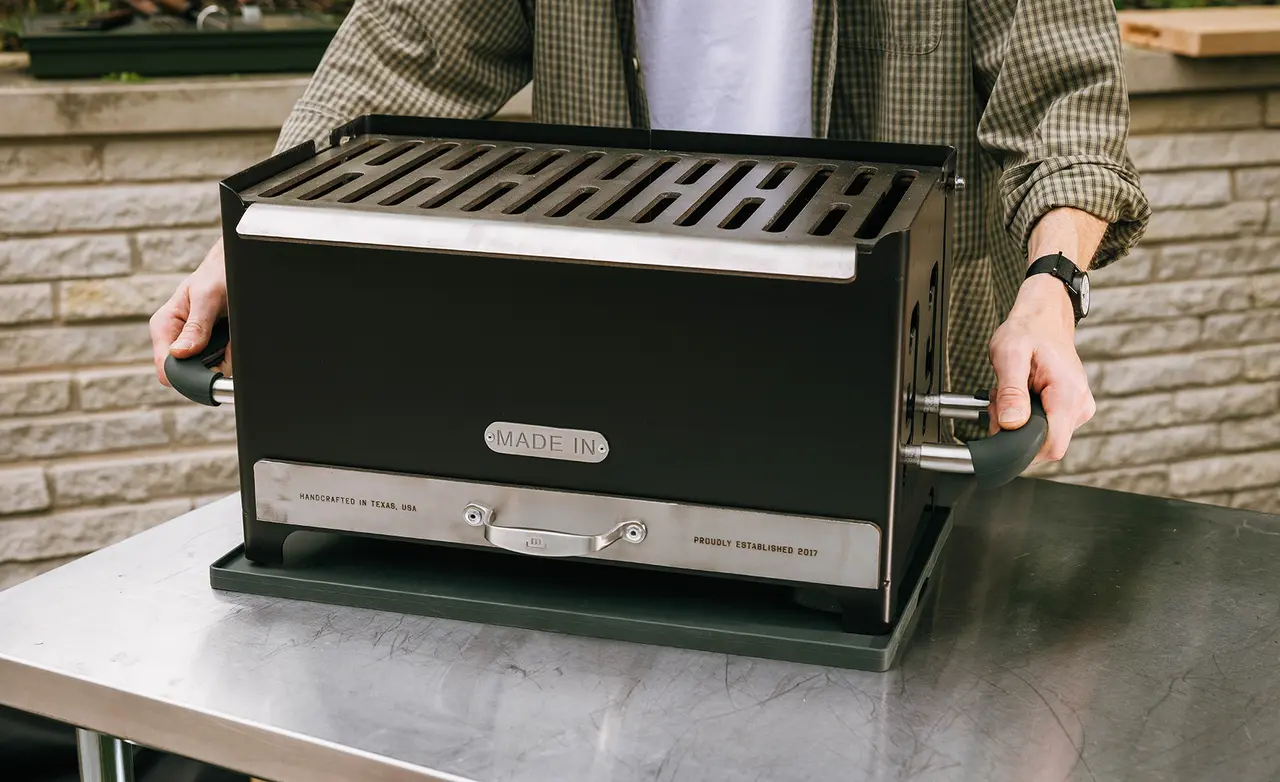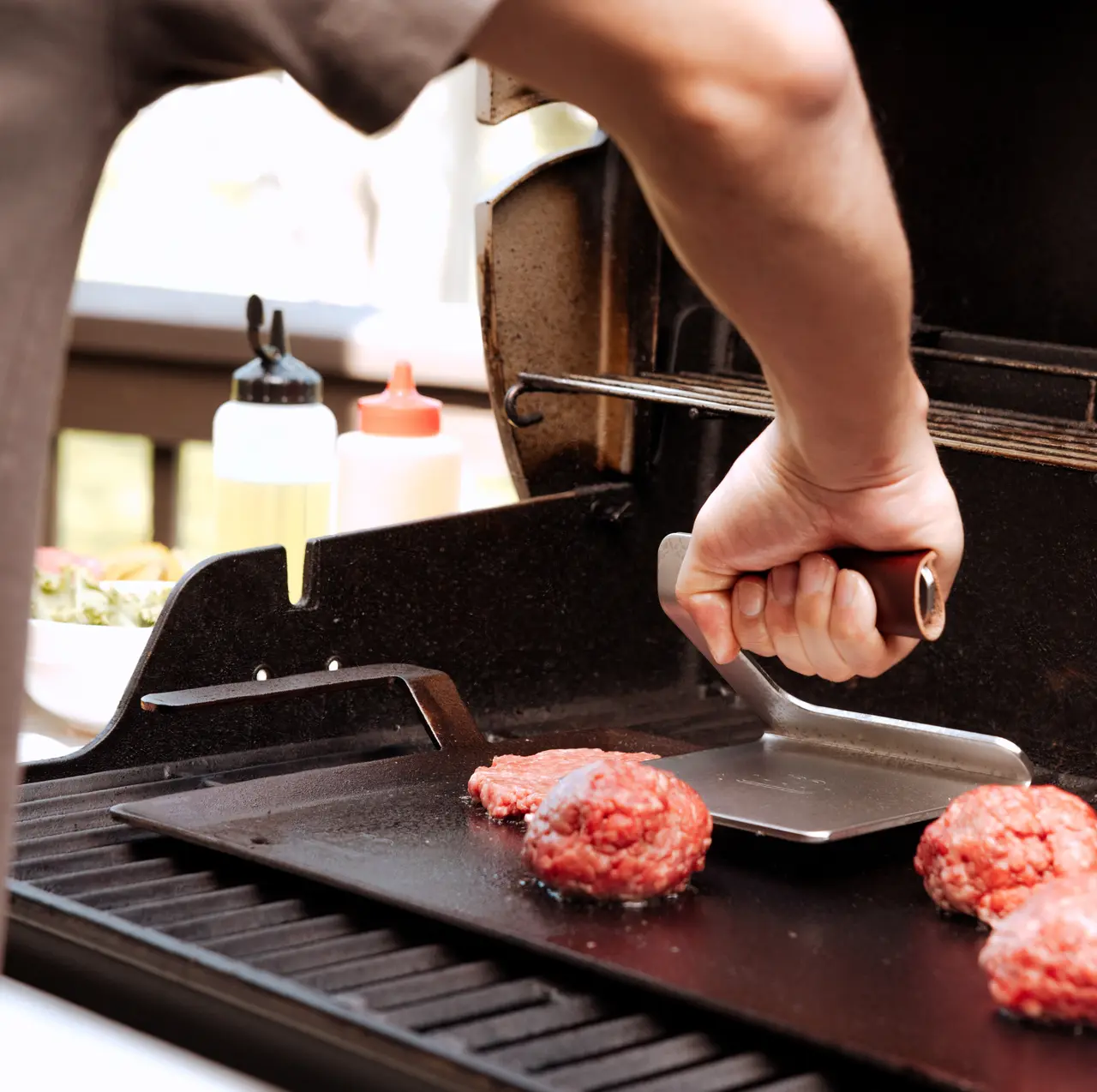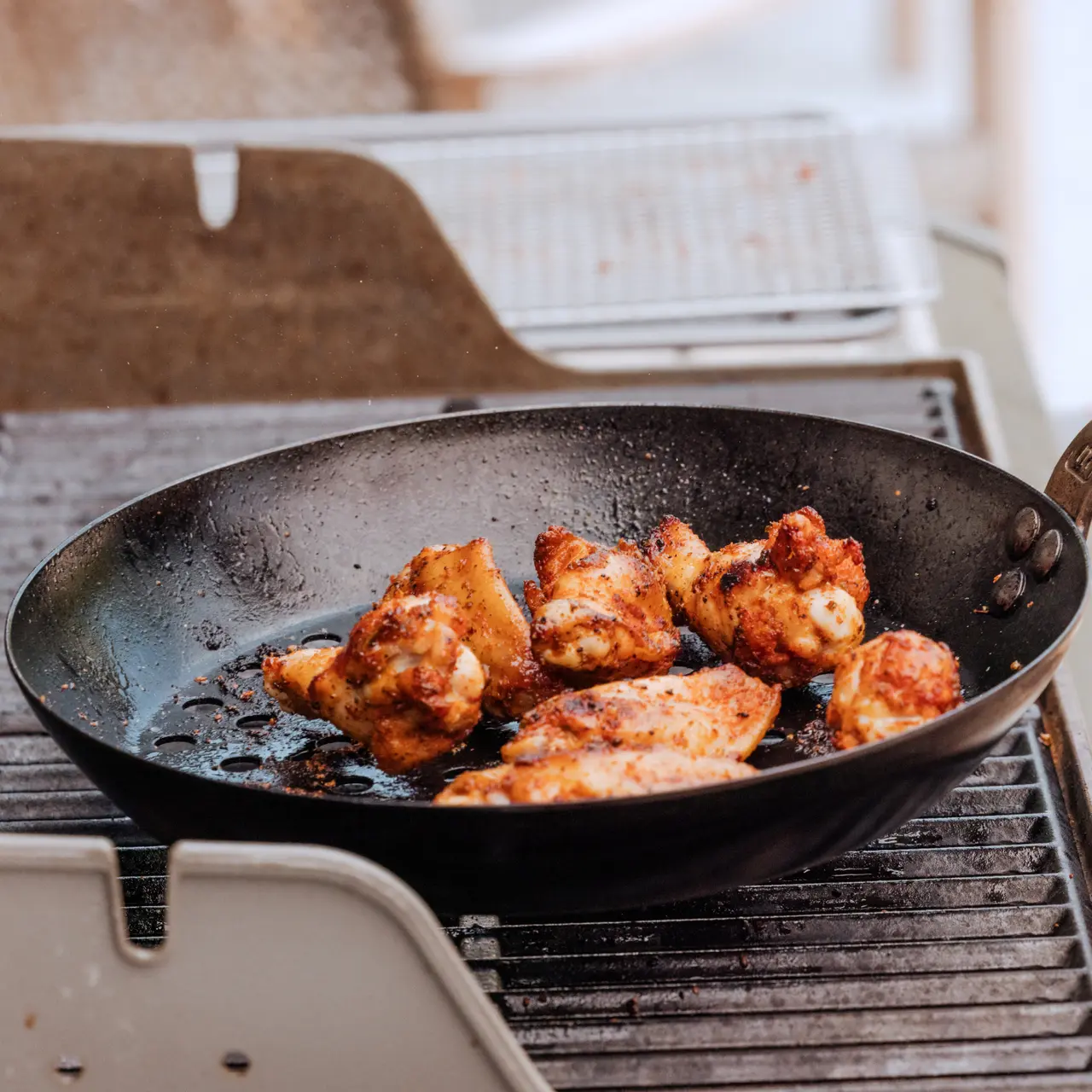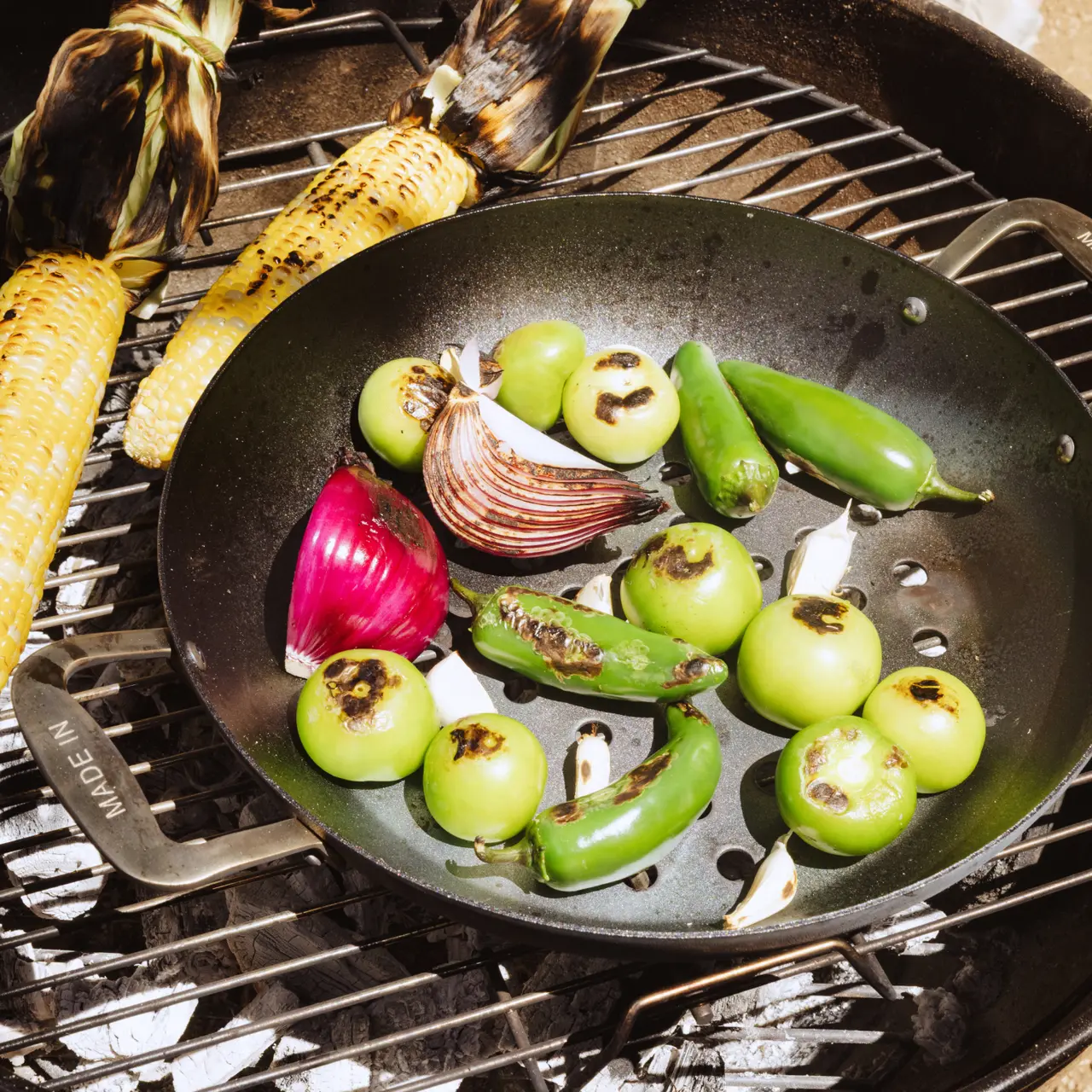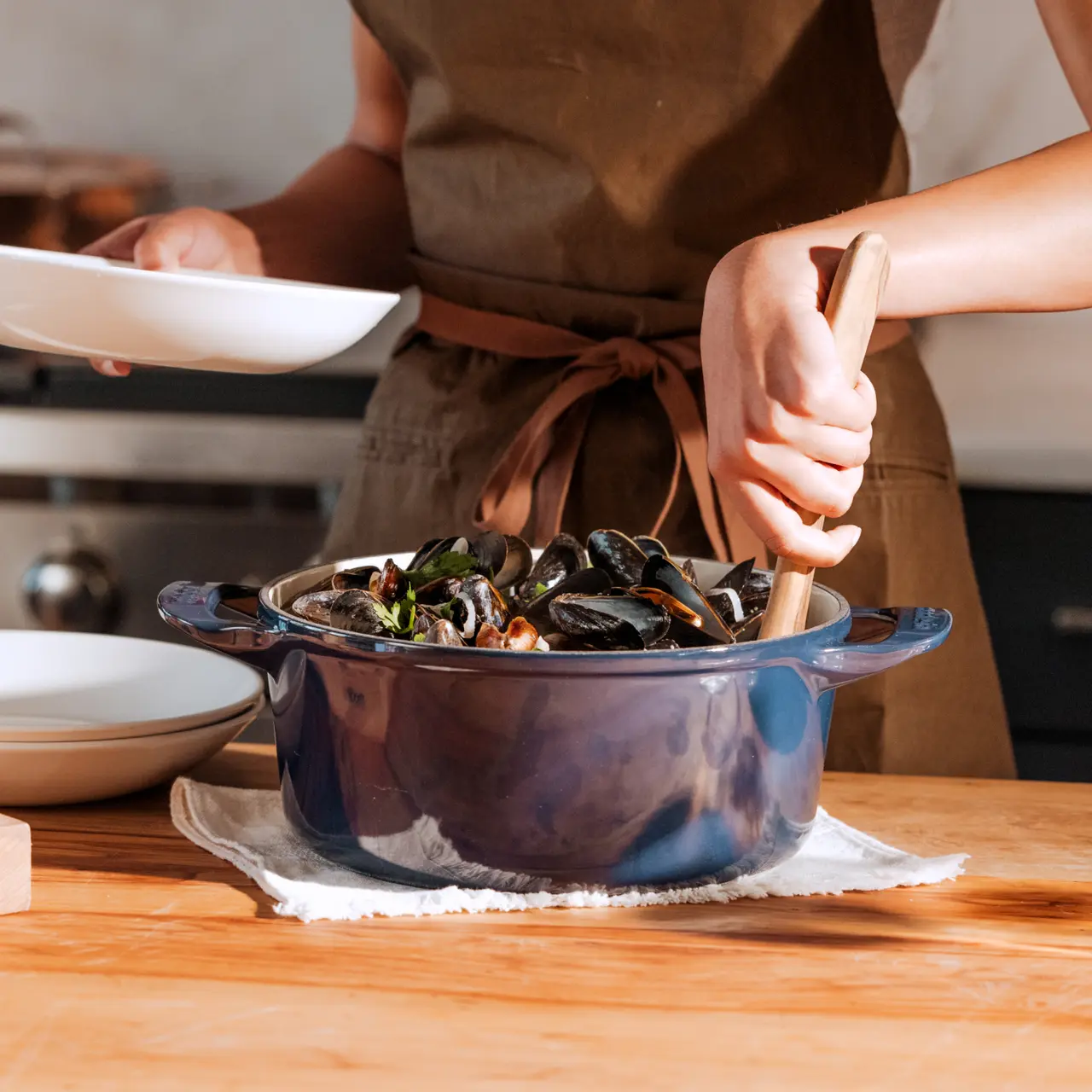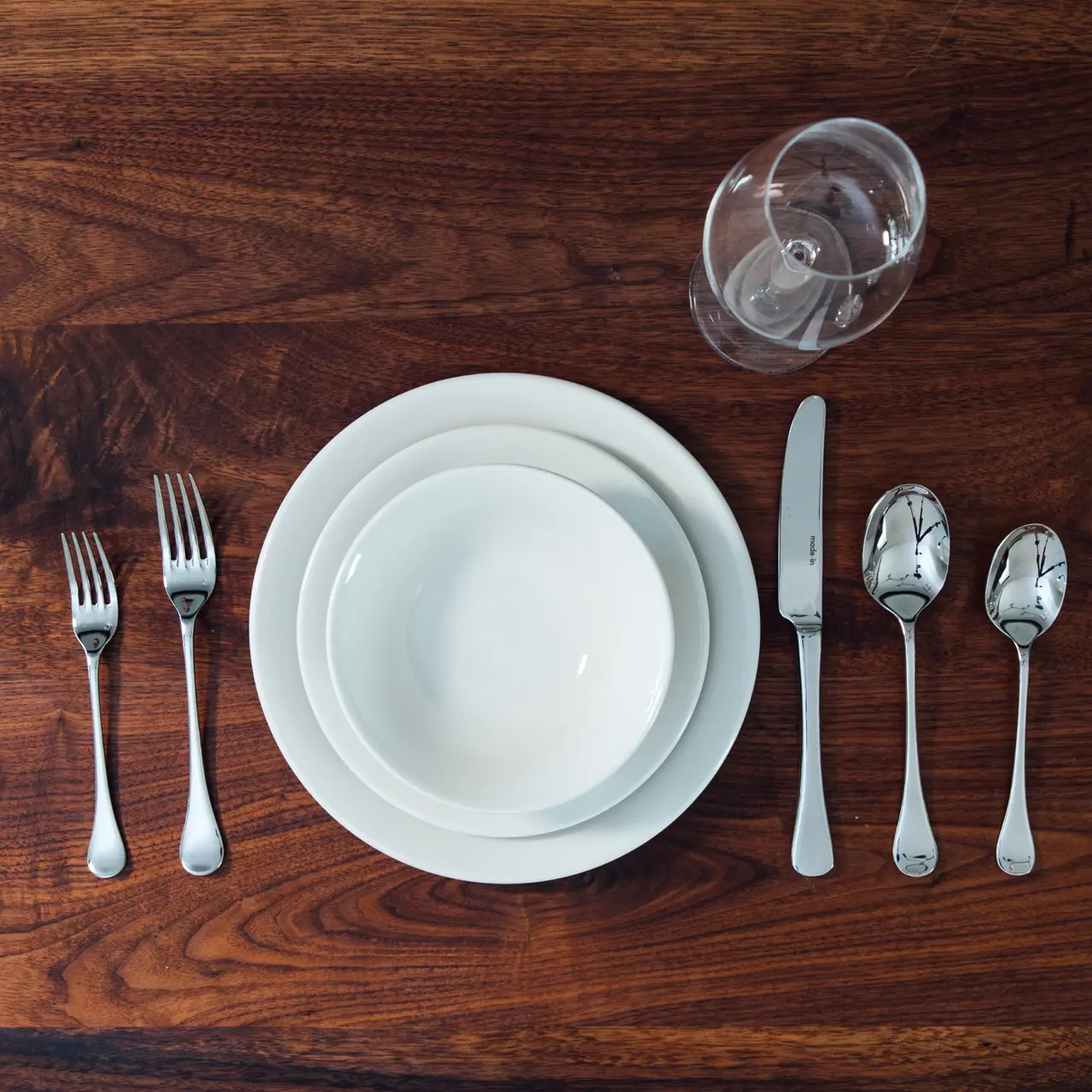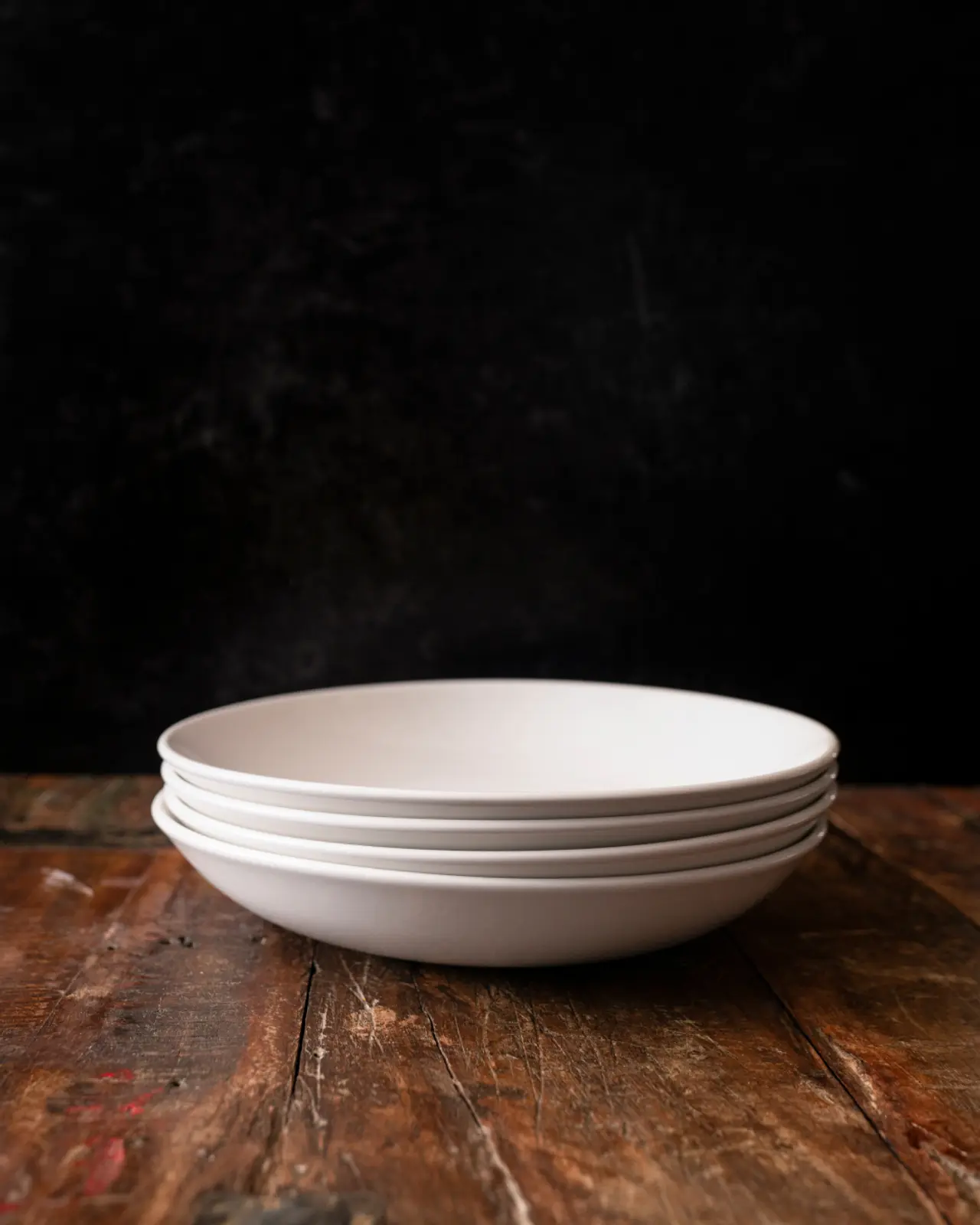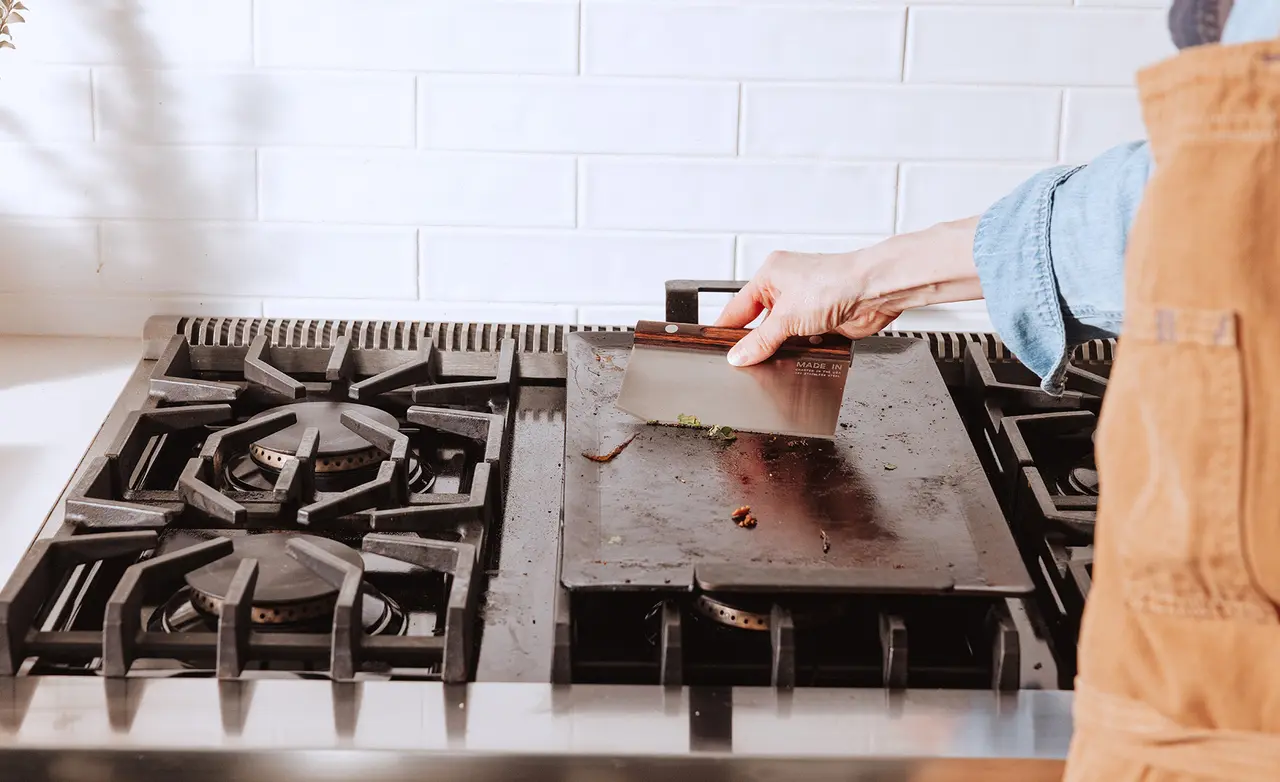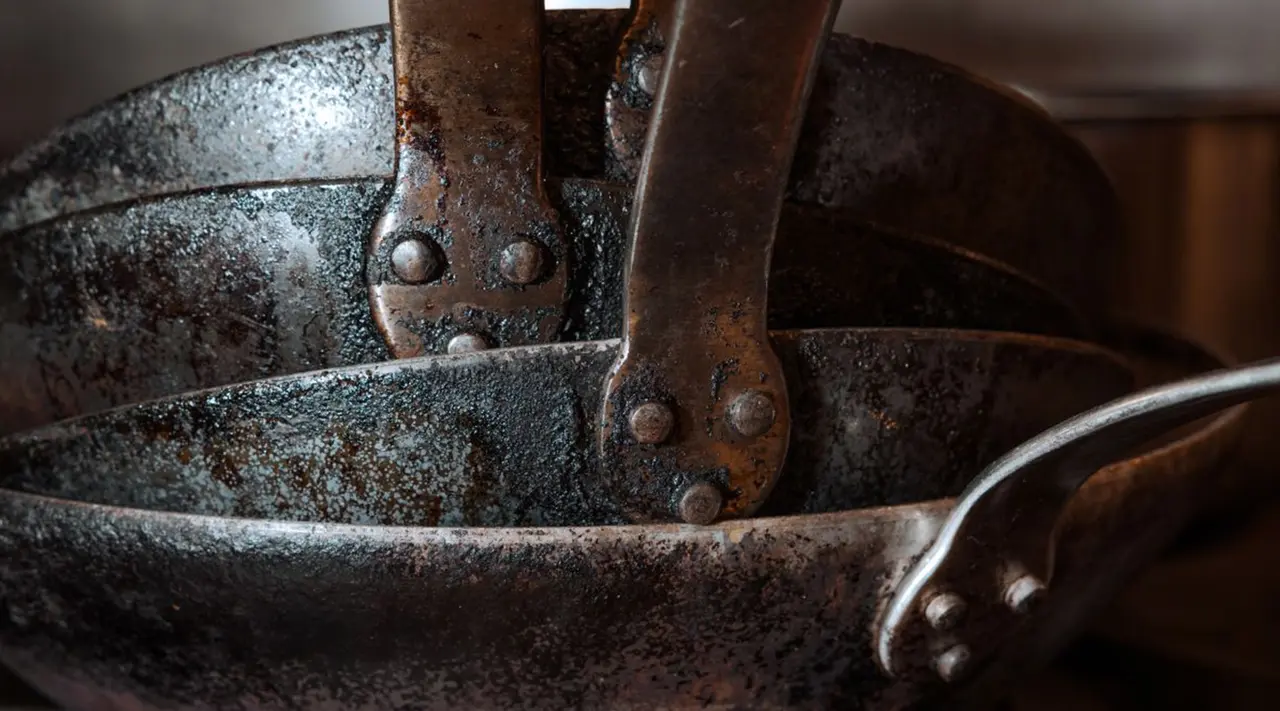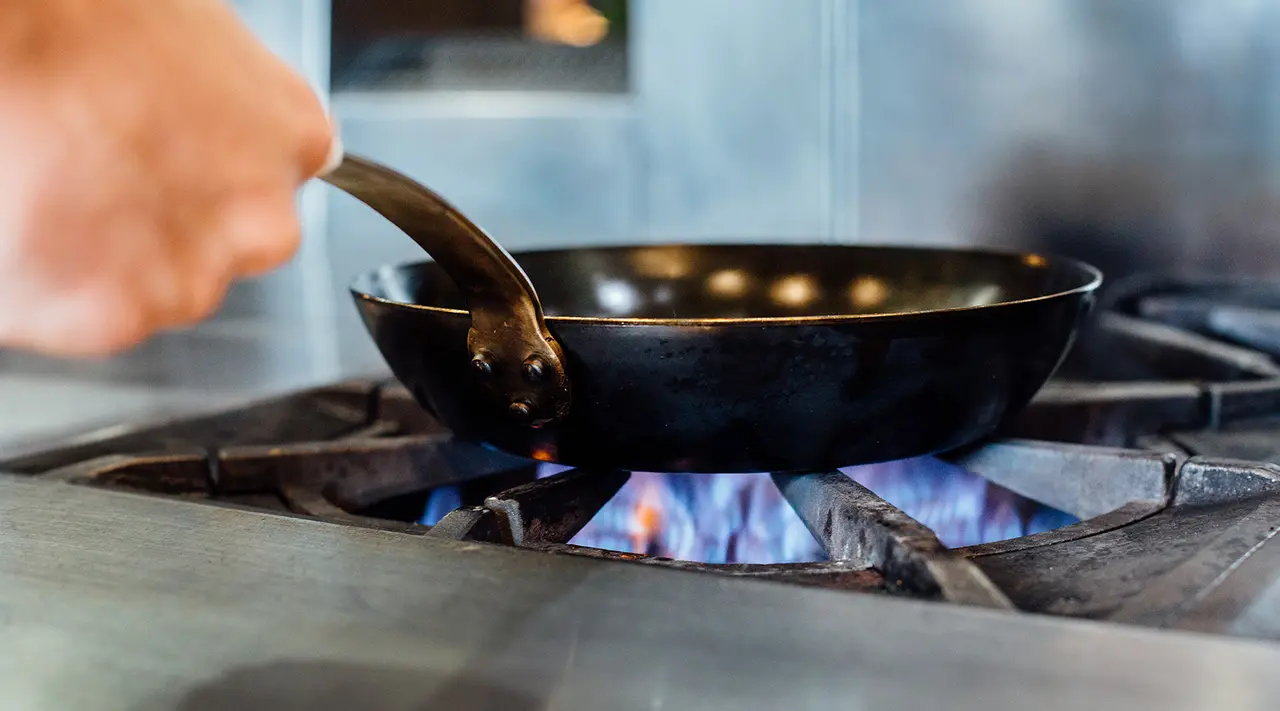To prepare for fast-approaching holiday hosting, you may have started considering recipes you’re looking forward to trying this year, or started to take stock of your plateware, flatware, and more.
So, what do you do if you’ve started to notice rust on your silverware? While rust is a natural chemical reaction that occurs between metals, water, and oxygen, continuing to use rusty flatware is both bad for human health and the longevity of your flatware. Additionally, to state the obvious, rusty flatware doesn’t make the best first impression while hosting.
Here’s how to remove rust from your silverware in 3 easy steps.
How to Remove Rust from Silverware
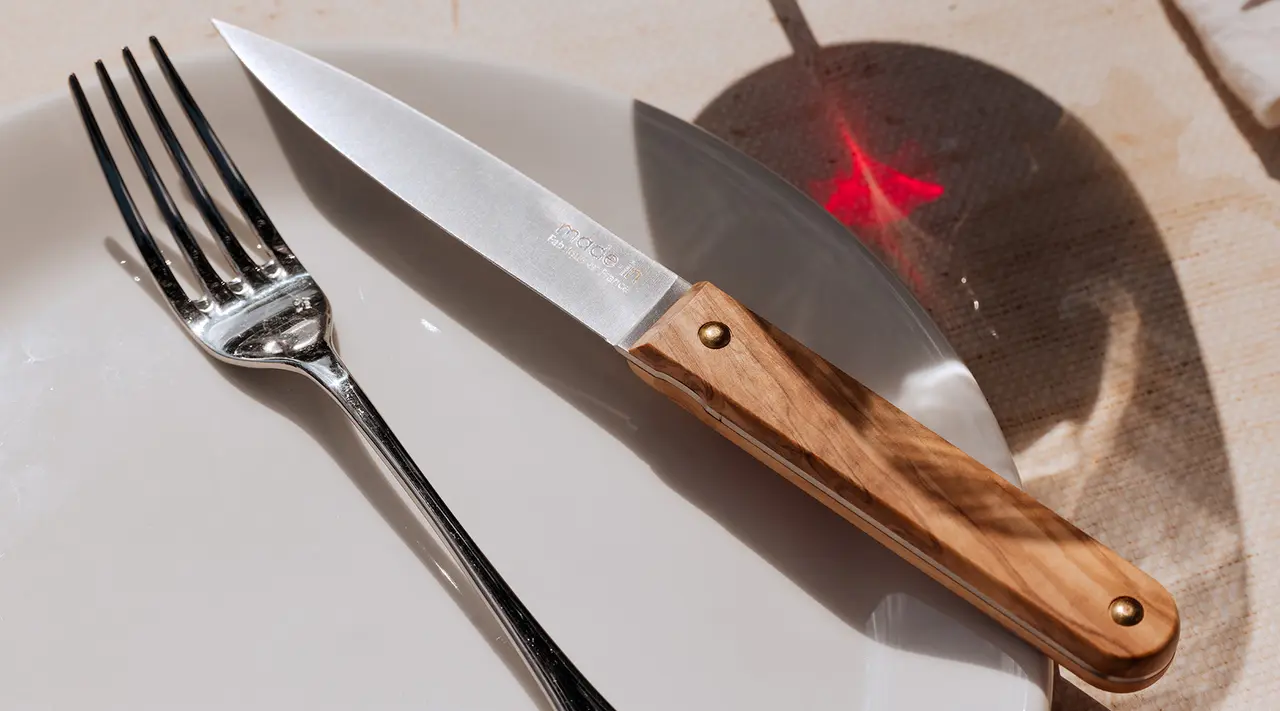
While rusty flatware may seem intimidating, if you have the right equipment, removing rust takes just a few minutes.
To get started, you’ll need:
- Cleaning solution
- A soft, non-abrasive sponge
- A microfiber cloth
We recommend using our Stainless Steel Cleaner for your flatware. Our beloved Stainless Steel Cleaner is environmentally safe, and can be used on any stainless steel product—not just one of ours—to remove imperfections and restore its original shine.
1. Add a Sprinkle of Your Cleaning Solution
Begin by getting set up in the kitchen with your cloth, sponge, and cleaning solution at the ready. Sprinkle a small quantity of the solution on each piece of flatware, gently working through the entire piece with the sponge.
2. Rinse Thoroughly
Once the cleaning solution has been massaged into each piece, rinse the solution off with warm water. To prevent spotting, completely clean each piece with the microfiber cloth.
3. Repeat
Repeat steps 1 and 2 on each piece of rusty flatware before storing in a drawer.
How to Keep Silverware Rust-Free
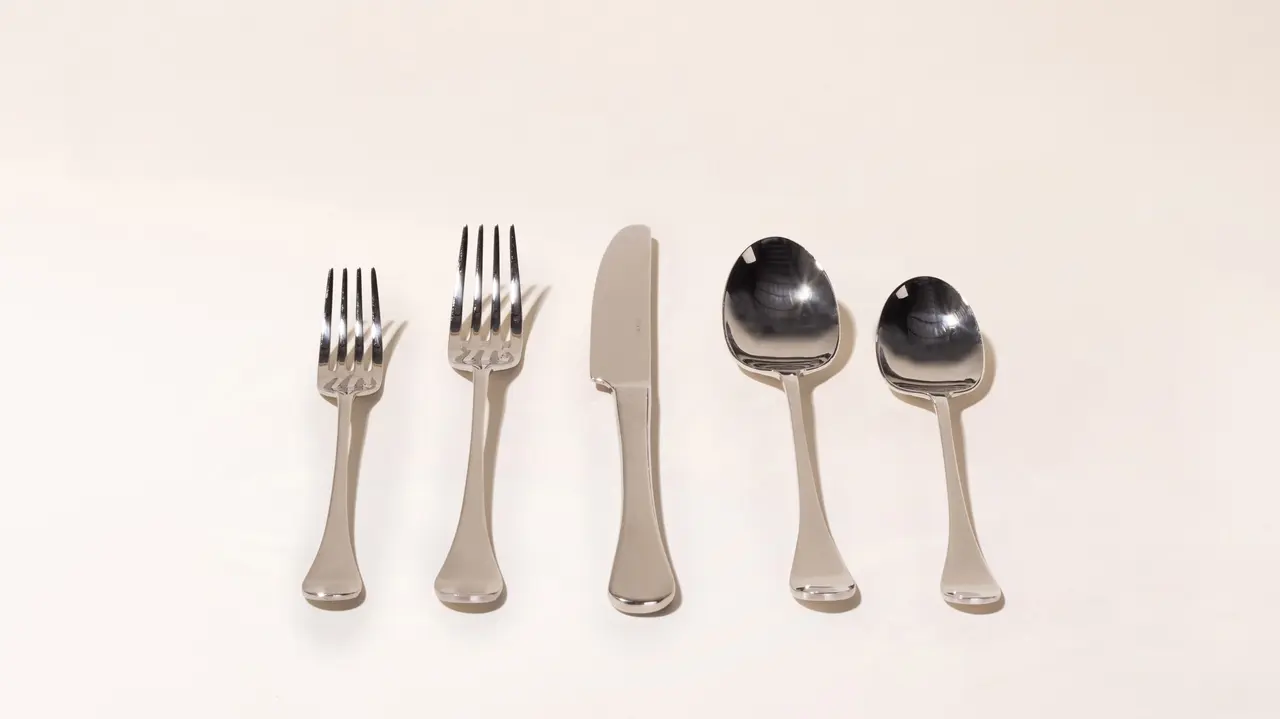
While rust is certainly a natural chemical reaction, there are ways to keep your silverware rust-free– or at least limit its exposure to an environment conducive to rust build-up.
Avoid Air Drying
For starters, never let your silverware air dry. This can be avoided by drying it with a microfiber cloth, even after a spin in the dishwasher. By drying off your silverware, you’re preventing rust from forming due to the reaction between water and metal. Along the same lines, never let your silverware sit in the sink overnight—even on nights where you’re feeling especially lazy.
Be Wary of Acidic Foods
Additionally, avoid leaving silverware exposed to acidic foods for long periods of time. This can include letting a spoon sit in a bowl of tomato sauce, or a knife sit out on your cutting board after cutting that lemon you need for salad dressing.
Ready to Shop?
Now that you’re ready to make your silverware shine in time for the holidays, make sure you have the proper equipment. Once your silverware is complete, impress your guests with extra shiny Cookware, appliances, and more!




